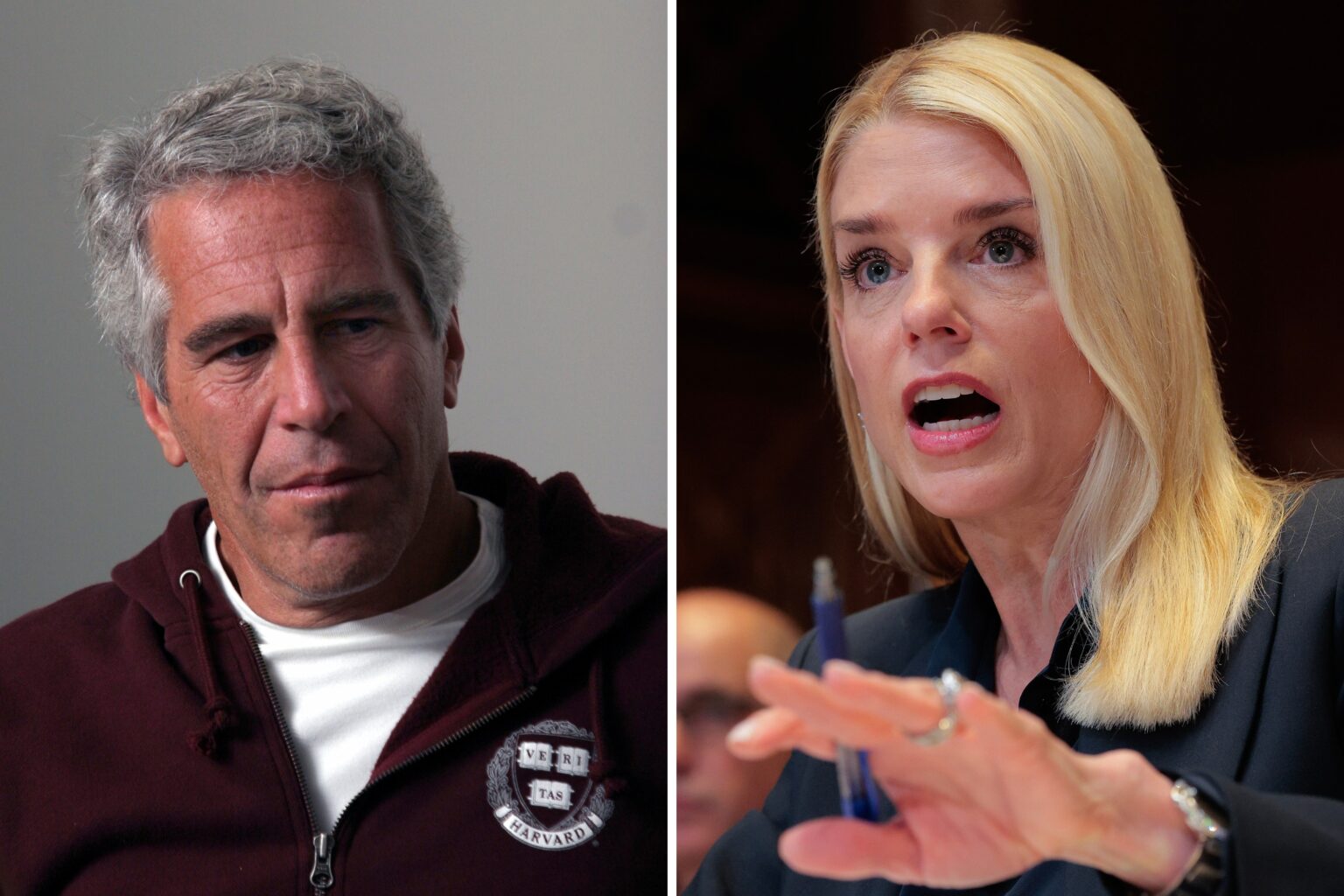As bipartisan momentum builds in Congress to release the grand jury materials related to Jeffrey Epstein, legal experts are urging the public to manage its expectations.
Lawmakers like Representatives Ro Khanna (D-Calif.) and Thomas Massie (R-Ky.) argue that full transparency is necessary to rebuild public trust and shed light on how prosecutors handled one of the most high-profile criminal investigations in recent memory.
But legal analysts—including former prosecutors from both liberal and conservative camps—caution that the public is unlikely to find a “smoking gun” or sweeping narrative implicating a wider circle of powerful figures.
Instead, they say, the documents are more likely to contain technical, narrowly focused testimony tied directly to charges against Epstein and his close associate, Ghislaine Maxwell.
Here’s a closer look at what to expect in any new release…
What Is a Grand Jury Testimony?
A grand jury testimony is sworn evidence presented before a panel of citizens tasked with one specific job: determining whether there is probable cause to indict someone on criminal charges. Unlike a trial, these proceedings do not decide guilt or innocence. Instead, they serve as a preliminary check to assess if there’s enough evidence to proceed with prosecution.
Testimony can come from witnesses, victims, law enforcement officers, or suspects—whoever is relevant to the investigation at hand.
Grand juries are convened to determine probable cause, not to expose systemic wrongdoing or create comprehensive public records.
What Is Typically in Grand Jury Transcripts
Grand jury transcripts typically include factual witness accounts, documentary references, and prosecutorial instructions, but they omit the deliberations, conclusions, or broader investigative context many people are hoping for.
As a result, even if the materials are released, the Epstein files may offer more questions than answers—and far less than many are anticipating.
Grand jury transcripts usually contain detailed, sworn statements outlining events relevant to the case, including factual descriptions, timelines, and answers to attorneys’ questions. They often reference exhibits like emails, phone records, or other documentary evidence. Occasionally, they may include statements from suspects or witnesses that are either incriminating or exculpatory.
Prosecutors also provide legal instructions to the grand jury, explaining the law and their responsibilities during the proceedings.
What These Transcripts Usually Don’t Include
However, these records rarely tell the whole story. Grand jury deliberations and voting are confidential and never part of the transcripts. The documents focus on Q&A exchanges, so they lack a continuous narrative or extensive background context. Personal opinions, speculation, or unsupported claims are generally excluded.
To protect privacy—especially for victims or minors—sensitive identifying information is often redacted. Also, only evidence directly referenced during testimony is included; full files and unrelated documents are not part of the transcript package.
What People Are Saying
Democratic U.S. Representative Ro Kanna told Newsweek on July 17: “A nation that does not hold powerful men accountable is a nation that has lost its moral purpose.”
Reacting to Trump instructing the transcripts release, Kanna said on the House floor on Thursday night: “Here’s the problem. The grand jury testimony is largely about Epstein and Maxwell. Not about all the rich and powerful men… Those people are still being protected. By the way the courts usually don’t release grand jury testimony.”
Kirsty Greenberg, legal analyst and former deputy chief of the Criminal Division SDNY, posted on X on July 18: “Trump knows SDNY prosecutors seeking to indict Epstein and Maxwell didn’t ask questions about him in their grand jury presentations while he was POTUS. It’s a red herring to distract from the evidence that matters: witness interview notes, videos, photos, etc.”
Legal Analyst Shipwreckedcrew (the pseudonym of William Shipley, a conservative legal analyst and attorney known for his commentary on political and legal matters) posted on X on July 18: “The one DOJ official who could have stood up in a press conference and answered the most questions about Jeffrey Epstein was fired a couple of days ago,” referring to Maurene Comey, the federal prosecutor who played a key role in high-profile prosecuting Epstein associate Ghislaine Maxwell and was abruptly dismissed by the Department of Justice on July 16.
Kentucky Republican Thomas Massie, told Politico on July 15, said: “We all deserve to know what’s in the Epstein files, who’s implicated, and how deep this corruption goes. Americans were promised justice and transparency.”
Jessica A. Levinson, clinical professor of Law, Loyola Law School, told CBS News on July 2: “One of the big takeaways from the grand jury testimony here is that people knew about this really problematic conduct for a long time and not much was done to stop Jeffrey Epstein.”
What Happens Next
United States Attorney General Pam Bondi said the Justice Department was “ready to move the court” on Friday to “unseal the grand jury transcripts.” Follow Newsweek’s rolling coverage here.
Read the full article here


